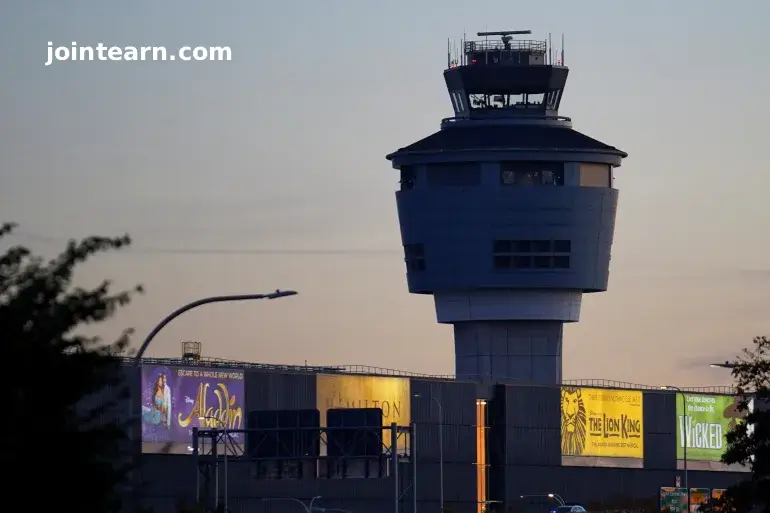
Commercial air travel in the United States is facing widespread disruptions as the ongoing government shutdown, now the longest in US history, continues to impact flights across the nation. Passengers are experiencing delays and cancellations at major airports, while advocacy groups are urging private jet operators to halt non-essential flights to ease the strain on the aviation system.
Flight Reductions Amid Shutdown
The Federal Aviation Administration (FAA) has directed airlines to reduce flight schedules to cope with staffing shortages caused by the government shutdown. On Friday, United States Transportation Secretary Sean Duffy warned that airlines may need to cut up to 20% of flights if the shutdown persists, a sharp increase from the initial 4% reduction mandated earlier in the week.
The reductions are affecting travel through 40 major US airports, including Atlanta, Washington, Houston, and Denver. On Friday alone, there were 856 flight cancellations and over 2,800 delays, according to FlightAware, which tracks airline schedules.
Delta, American, Southwest, and United Airlines have already implemented cuts, with 700 flights affected on Friday morning. These measures are part of efforts to maintain safety amid reduced staffing levels for air traffic controllers and TSA officers.
Private Jets and General Aviation in the Spotlight
While commercial carriers face strict directives, guidance on private and charter flights remains limited. The FAA has allowed reductions of up to 10% in general aviation operations at high-impact airports such as Teterboro (TEB), Houston Hobby (HOU), and Dallas Love Field (DAL). However, enforcement and specifics for business jet travel remain unclear.
Advocacy groups are calling on private jet owners to voluntarily reduce flights during this period. Erica Payne, president of Patriotic Millionaires, emphasized:
“Any private jet owner flying just for fun this week needs to rethink that choice. You’re taking capacity away from everyday people who need to get where they’re going.”
Private jet operations, which account for roughly one in six flights in US airspace, contribute only 2% in taxes toward the trust fund that maintains US airspace, highlighting the disproportionate strain these flights place on the system during the shutdown.
Passenger Impact and Airport Delays
Passengers on commercial flights are already experiencing delays exceeding an hour at some major hubs due to staffing shortages. FAA Administrator Bryan Bedford reported that 20% to 40% of air traffic controllers are failing to report to work on any given day, while as many as 13,000 controllers and 50,000 TSA officers continue working without pay.
The airline industry trade group, Airlines for America, noted that more than 3.5 million passengers have been affected by delays and cancellations since the shutdown began.
Wall Street Response
Despite operational challenges, airline stocks have remained resilient. Delta Airlines shares rose 1.8%, United Airlines gained 1.7%, Southwest Airlines climbed 2.9%, and American Airlines increased 1.8% as of Friday market close. JetBlue and Alaska Airlines also saw notable gains, rising 4% and 2.8% respectively.
Government and Political Implications
The White House has blamed Democrats for the ongoing shutdown, though President Donald Trump continues his own travel plans, including a trip to Palm Beach, Florida. Meanwhile, ICE deportation flights are reportedly continuing, with an average of 49 flights per day, underscoring the uneven impact of the shutdown on various air operations.
What This Means for Travelers
The US government shutdown demonstrates the vulnerability of national air travel to federal staffing shortages. Passengers should expect additional delays and cancellations, while private jet users are being urged to reconsider non-essential flights until the crisis is resolved. The situation continues to evolve as lawmakers debate solutions, with airline safety and passenger convenience hanging in the balance.


Leave a Reply